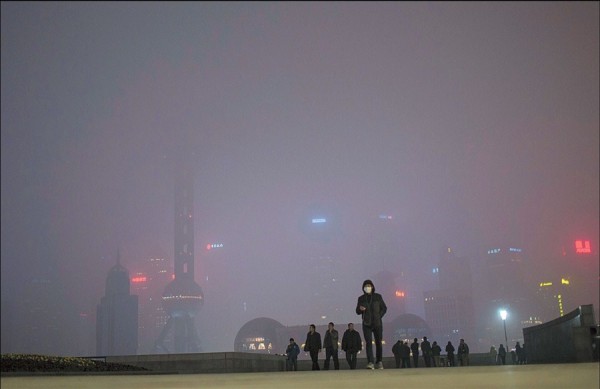CRRC Corp. is planning on unveiling a fast-charge trolley bus system that can fully charge a trolley in 30 seconds while passengers are disembarking.
The train equipment maker is abandoning the traditional system of overhead cables as an energy-generating model and is investing heavily in flash charge super capacitors.
The new system will enable the bus to travel for eight kilometers on 10 seconds worth of charging.
"When they brake or run downhill, more than 80 percent of braking energy and potential energy can be transferred to electric energy, to be stored and reused," said Zhou Oinghe, president and general manager of CSR Zhuzhou Electric Locomotive Co.
Zhou added that such a technology is suited for buses that make frequent stops over short distances, plus it greatly reduces the pollution from public transportation.
The core component of the model is an organic super capacitor made of carbon-based materials that will enable it to be charged more than a million times.
"Compared with other pure electric buses with a lithium-ion battery trickle charge, the trolley buses that adopt many lightweight techniques, including the aluminum alloy bodywork, are 1.2 metric tons lighter on average," according to Yang Ying, a CRRC expert.
The Ningbo City Passenger Transport Authority has already made a deal with CRRC for 1,200 trolley buses equipped with the new charging technology that are expected to be plying roads within five years.
In order to assist more cities in China to replace their old buses with ones that are fuelled by clean energy, the Ministry of Finance, the Ministry of Industry and Information Technology and the Ministry of Transport will reduce fuel subsidies every year through 2019.
Furthermore, buses powered by clean energy will be eligible for an annual subsidiary of up to 80,000 yuan ($12,640).
Ten cities and provinces, which will include Beijing, Shanghai and Tianjin, will implement the new policy.


